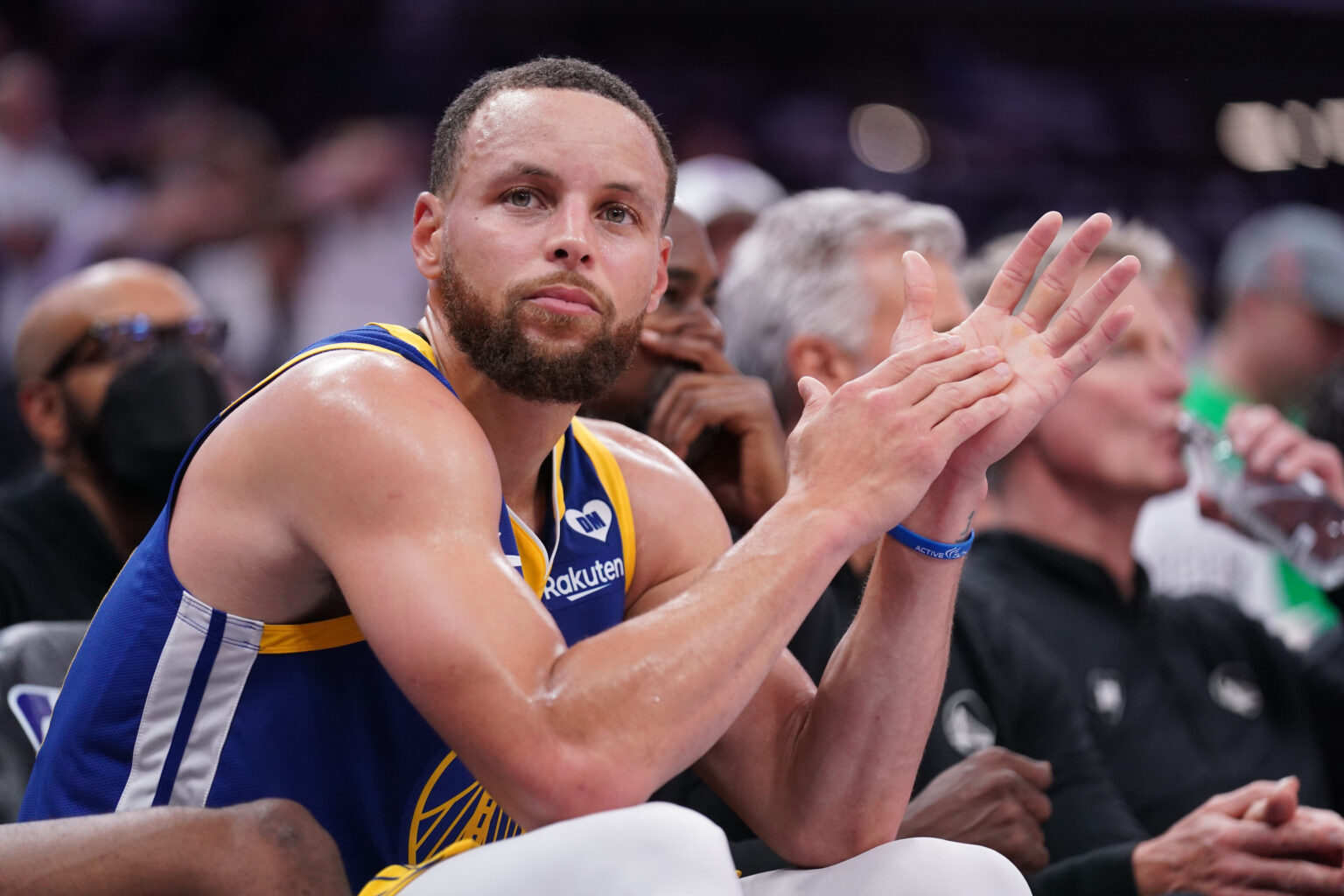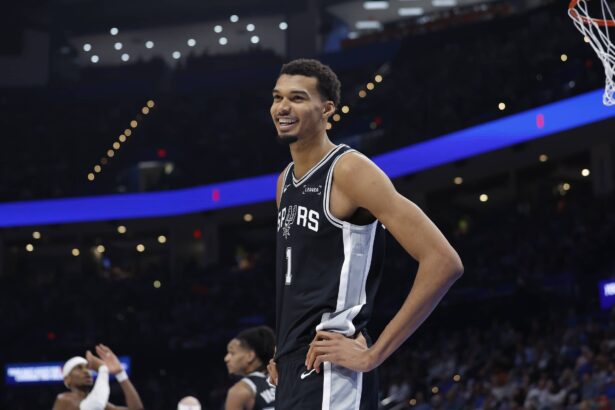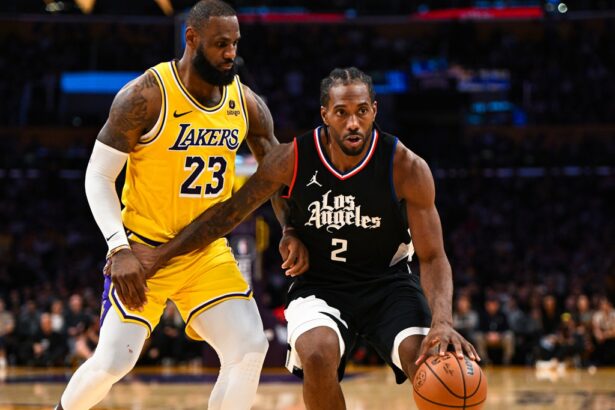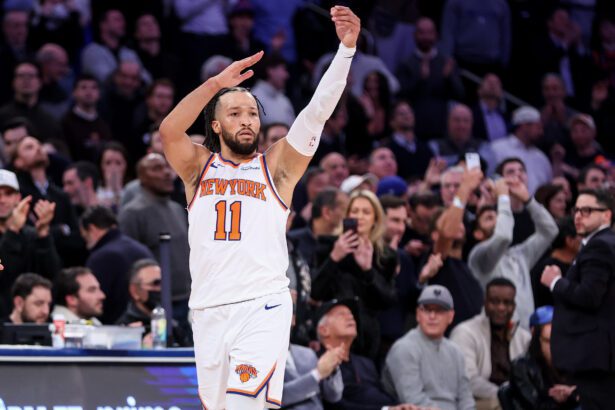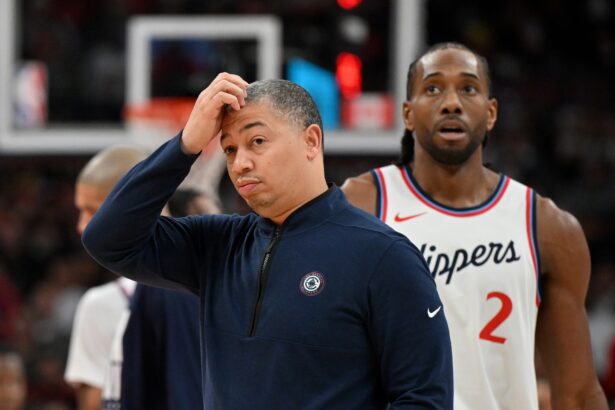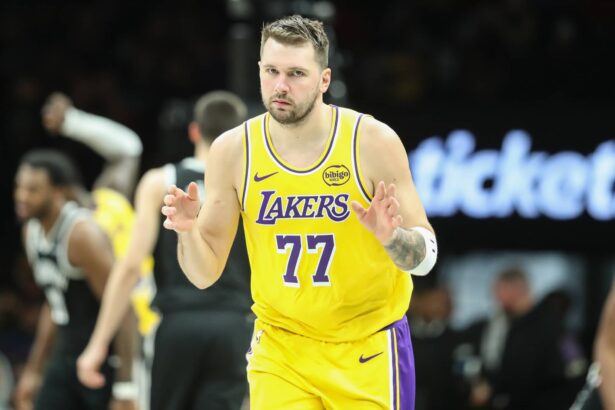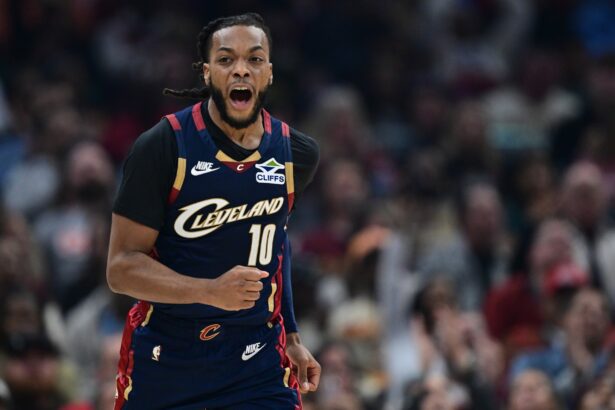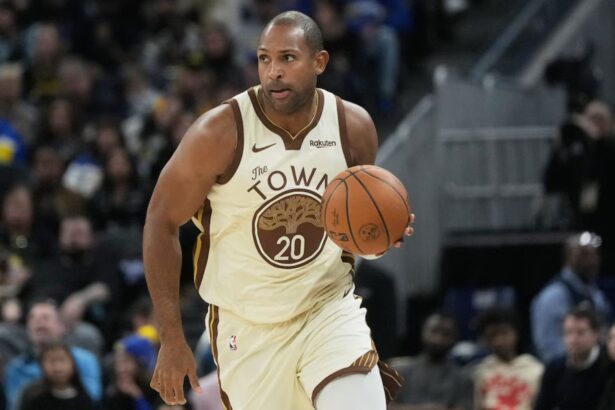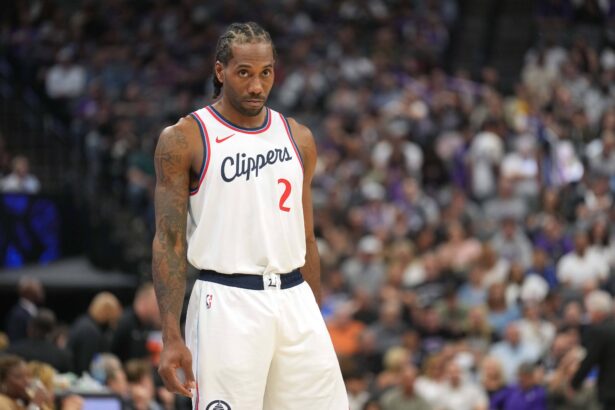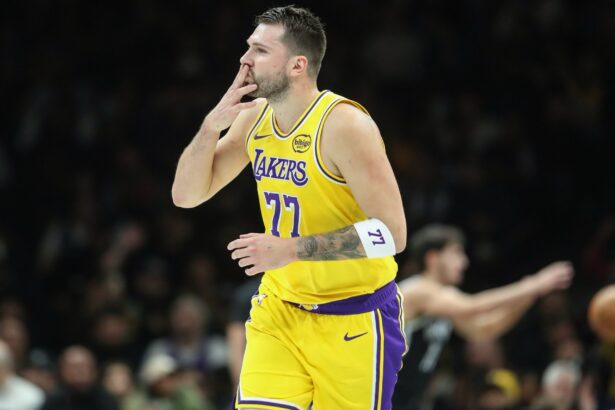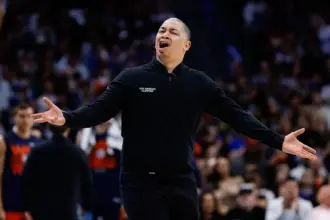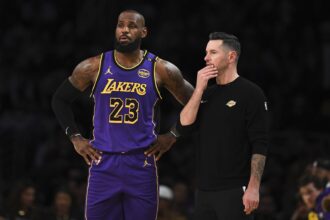On “Vlad TV,” Gilbert Arenas once again clarified his controversial stance on why he doesn’t consider Stephen Curry a generational talent, but rather a generational player. Arenas delved into the semantics of his terminology, explaining that the term “generational talent” is often misused and misunderstood, especially by those who haven’t played professional sports.
“I’m tricky with words and I understand media—not your media, but sports media—because they never played. As a rapper and a music executive, you know there are certain lingos and categories that not everyone understands. The term ‘generational talent’ applies from an age of three years old to about 19. It’s an amateur status, meaning the talent is not matured or defined yet.”
“For example, Tiger Woods was a generational talent at three years old. LeBron James was considered a generational talent at 15 or 16. Wemby is currently called a generational talent. So, how can both he and Steph Curry be generational talents? It means one is being placed in a category he shouldn’t be in. These kids are generational talents because their status is still amateur.”
“Calling someone a generational talent is like calling someone your girlfriend when she could be your wife. It’s immature at this moment. Then, there’s another phase—fiancée—and then, when you get married, she’s your wife. You wouldn’t call her your girlfriend again, right? That’s how you should introduce it.”
“So, saying Steph Curry is a generational talent is like calling him an amateur. You’re calling him your girlfriend. He should be called a generational player now. I’m just playing tricky with the words, but he’s a generational player, meaning his talent and skill have matured. He has dominated and changed the game; he’s a game changer.”
“He’s graduated from the word ‘talent’ to the word ‘player.’ So yes, he’s a generational player. I knew, just like with clickbait, that saying he’s not a generational talent would cause confusion.”
“They messed up the wording. So no, I would not call him a generational talent because he’s a generational player. Just like you wouldn’t call your wife your girlfriend anymore. You take the higher category. That’s all it was. I was right; I just didn’t let you know there was another status.” (0:12)
Arenas explained that a “generational talent” refers to an athlete whose raw, untapped potential is evident from a young age, typically from around three to nineteen years old. It’s a status that signifies their extraordinary ability before it has fully matured. He cited examples like Tiger Woods at three years old and LeBron James as a teenager, both of whom were labeled generational talents due to their prodigious skills during their formative years.
Arenas likened this distinction to the progression of a relationship: calling Curry a generational talent is akin to calling someone your girlfriend when they could be your wife. The term “generational player” is the mature, fitting label for someone who has fully realized and maximized their potential, thereby altering the landscape of the sport.
This explanation also applies to Nikola Jokic, whom Arenas previously said was not a generational talent. Jokic’s mastery of the game and unique skill set as a center make him a generational player, not just a talent.
Arenas’s comments initially sparked controversy, particularly when he stated that neither Curry nor Jokic should be considered generational talents. However, his latest clarification aimed to underscore the importance of recognizing the evolution from talent to player, emphasizing the significant impact both Curry and Jokic have had on basketball.
In essence, Arenas acknowledges Curry’s and Jokic’s extraordinary contributions to the game but insists on using the term “generational player” to more accurately describe their status. This nuanced perspective seeks to honor their achievements while highlighting the journey from raw talent to established greatness.
Thank you for being a valued reader of Fadeaway World. If you liked this article, please consider following us on Google News. We really appreciate your support.

